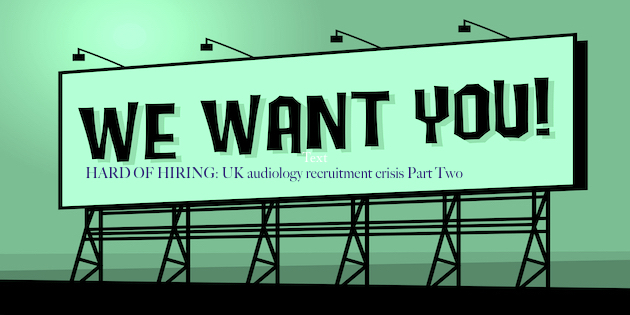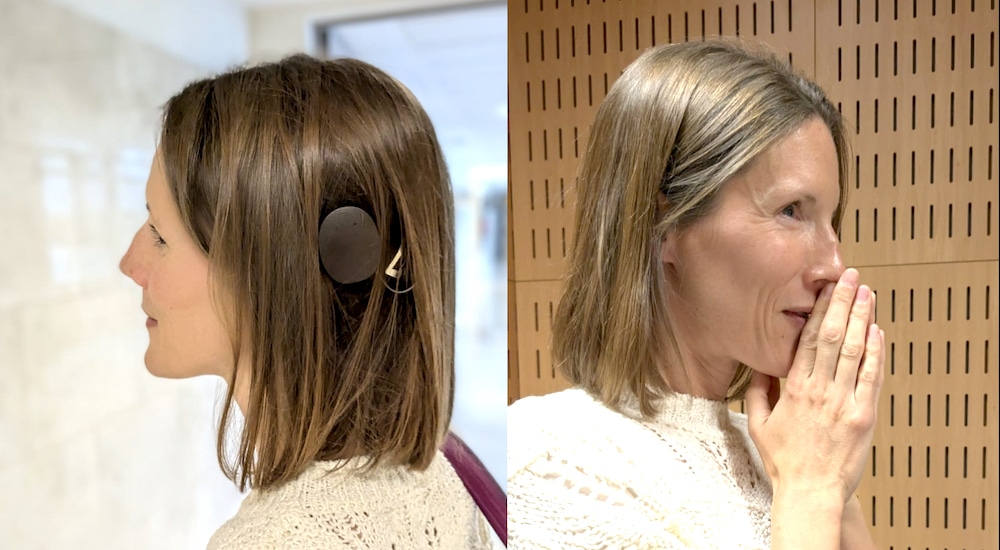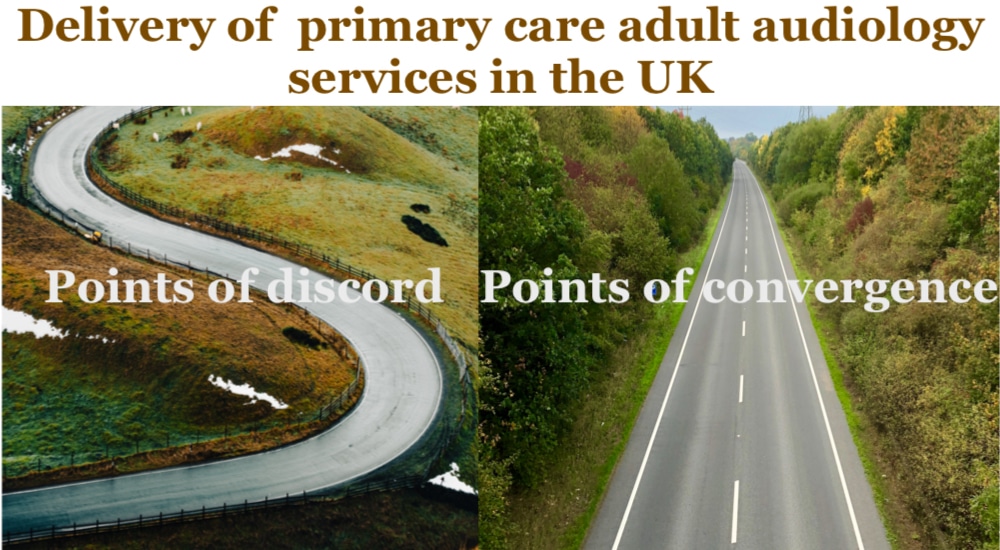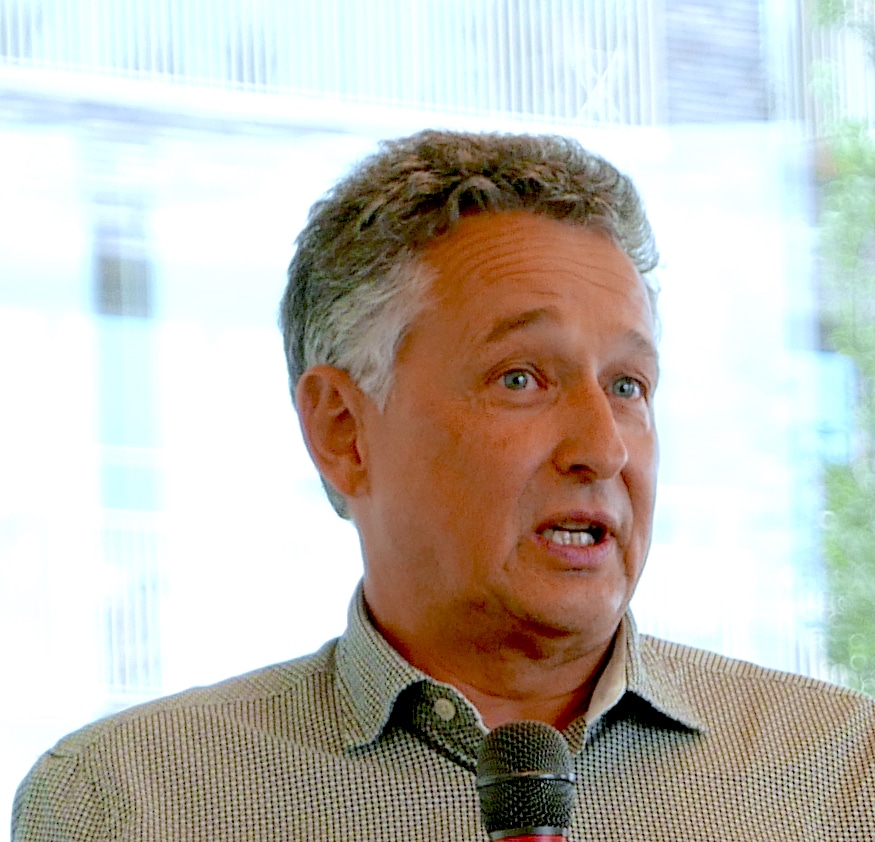HARD OF HIRING: UK audiology recruitment crisis Part Three - Interview: Raúl García-Medina, former President British Society of Hearing Aid Audiologists
The audiology profession and industry faces serious difficulties in recruiting new workers. This is a crisis, one likely to curb progress for years ahead. Audiology Worldnews sought the opinion of Raúl García-Medina, former President of the British Society of Hearing Aid Audiologists (BSHAA).

Audiology Worldnews (AWN): What are the signs of a workforce crisis, and who is currently complaining that recruitment in audiology is not working as it should do?
Raúl García-Medina (RGM): There are many different reasons why recruitment difficulties in audiology have turned into a crisis. The signs that alert us that these have turned into a crisis are numerous. In the UK, we have a particular audiological landscape that is hardly comparable to the audiological scenery of any other country. We have a combination of private and public hearing care provision. Both sectors’ leaders, (heads of departments, service managers, private sector directors, and clinic owners) are complaining and have been for a while now. Apart from the palpable and undesirable shortage of audiologists coupled with the high demand, which has led to the ever-increasing waiting times (a bad sign), there is: job dissatisfaction (another bad sign), stagnation, lack of incentivisation, lack of career prospect, poor remuneration, repetitive jobs, lack of training, bad press, shortage of universities offering audiology programmes, shortage of apprenticeship positions or practical placements for the students, lack of attractiveness for audiological higher education, Brexit and general immigration policies;… what has really led to the crisis is a gradual amalgamation of ill-conceptualised cascading events in the UK hearing care landscape throughout the last 20 to 30 years that, combined, has become explosive.
AWN : Right now, there are workforce crises across many professional areas, particularly in healthcare. What is special about the problems in audiology?
RGM: I have alluded to this in the previous question, the audiology profile as a profession lacks attractiveness. In fact, the word ‘audiology’ is still an enigma to many, let alone what it really means and entails if you were to embark in pursuing a career in it. It is a young profession that should have increased in desirability to prospective students. We are going to need more and more to be able to cater for the increased demand from patients to access our ever-diversifying profession. The ramifications and implications that hearing health care has on other health care specialties, the comorbidities associated with untreated hearing impairments, and the potential to save substantial costs to the health-care systems and to the economy as a whole, have not yet proved to be decisive enough factors to turn things around. Do our governments really know audiology exists? Don’t they know that this profession is an important medium to long term profitable investment?
The audiology community is far too fragmented in the UK. This is a collective problem that involves all hearing health care stakeholders. From the medical community to the regulatory bodies, the insurance industry, academia, audiologists (both private and public), hearing aid dispensers, hearing instrument manufacturers, professional associations, the consumers, and the government. We need a stronger voice, a collective voice that sings from the same hymn sheet. We have been here before and almost got somewhere…
AWN: Audiologists, representatives of the profession, and corporate management are all telling this publication that quality of candidates for work in audiology is as big a problem as numbers? Is this your experience?
RGM: Absolutely, when quantity and quality collide – going back to your first question – you have a crisis in your hands. There is no one to blame here; it is a collective problem that affects the outcome of what we are trying to achieve.
AWN: What are the solutions, and with whom does the responsibility lie to deal with the situation?
RGM: The audiology community is too fragmented to be able to amount to anything remotely fruitful. Without a stronger voice, we cannot lobby seriously. Governments need to look sideways when pursuing solutions to the healthcare sector problem, but we (audiology) are still too small to be noticed. The WHO and other reputable organisations and researchers have already presented ample evidence that highlights the significant intrinsic economic ramifications of neglecting to take action towards mitigating hearing loss on a global scale. Even minimal reductions in the prevalence and severity of hearing loss could result in substantial savings for society. These cost estimates can also be utilised to calculate the cost-effectiveness of interventions geared towards preventing and addressing hearing loss, further fortifying the case for investment in this area. This would inevitably lead to having to incentivise the recruitment of a larger workforce and a more attractive audiology profession, which in turn, will make the profession more lucrative. More universities offering revised audiology programmes would also lead to increased academic competition.
AWN: If developing and qualifying students is a resource for hearing health, is this resource best served by the public and private duality of audiology pathways?
RGM: I still believe that there is a model of hearing care yet to be designed that works and functions well to serve our population needs, but I certainly think that there is a necessity for public and private pathways. One area that has not been thoroughly explored yet is the token or top-up service provision. There is certainly a segment of the population that is not prepare to wait long for healthcare service provision but does not have the means for go fully private. When the burden is currently on the NHS audiology service provision, I would argue for a top-up system where, if you cannot afford a private audiological service provider and their hearing instruments, for example, you should still receive hearing health care. However, if you can afford some but not all, the government could provide a token with a value equal to the cost of an NHS hearing instrument provision pathway, for them to top up in the private sector. This is just an example of possible workarounds that need further exploration.
AWN: How can training processes be adapted to produce enough talent of the right kind in audiology? Is training structurally adequate, or are the problems to found in curricular details or teaching quality? What about suggestions that learning should have a broader framing, i.e. not be uniquely confined to audiological knowledge but also embracing wider skills in healthcare, such as psychology?
RGM: This is a tough question to answer and it is best left to those in academia. I do believe that all needs to start with the quality of teaching institutions and the entry standard of students. Which type of teaching personnel and students are universities that offer an audiology program actually attracting?
I believe that the academic world of audiology in the UK has already toyed with the concept of broadening the knowledge provision during the first year, so as to embrace biomedical sciences as a foundation to the specialisation that eventually may be audiology. This is not new!
Read Part One of this focus here and Part Two, and interview with the British Academy of Audiology President Sam Lear here.
Source: Audio Infos UK Issue 152 January-February 2023





